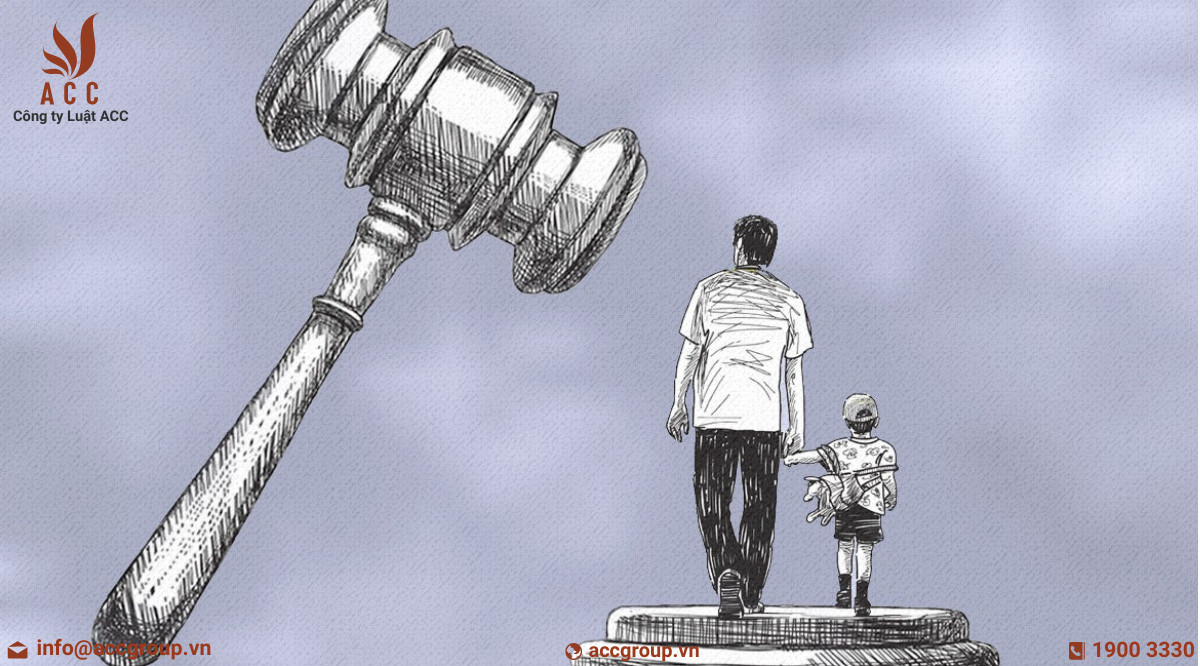In the landscape of divorce and alimony, Sexism Against Men in Alimony Divorce often remains overlooked. Despite evolving gender roles, societal biases persist, disproportionately affecting men in alimony settlements. This article delves into the nuances of this issue, exploring its implications and potential avenues for reform.

Sexism Against Men in Alimony Divorce
The Gender Bias Debate in Divorce Laws: A Closer Look at Montgomery
Divorce, a tumultuous phase in life, often brings forth challenging legal battles. For many residents of Montgomery, navigating through the dissolution of marriage can be a prolonged and emotionally draining ordeal. Amidst the complexities of alimony, child support, and property division, the outcome of divorce proceedings can significantly impact the lives of both spouses. However, a prevailing concern emerges regarding the perceived gender bias embedded within divorce laws, particularly against men.
1. Challenging the Status Quo: Are Divorce Laws Sexist?
Fathers, in particular, raise compelling arguments asserting the unfairness of divorce laws. Historically, custody arrangements favored mothers, leaving fathers with hefty financial obligations in the form of child support and alimony. Nevertheless, as societal dynamics evolve and more women participate in the workforce, the traditional rationale behind alimony provisions appears outdated. While alimony aims to rectify economic imbalances, the shifting landscape prompts questions regarding its equitable application.
An NPR Morning Edition report this week strongly suggests that men can face significant challenges post-divorce, particularly regarding alimony payments. Jennifer Ludden's report highlights instances where men are burdened with alimony responsibilities, even when their ex-wives are capable of substantial income. While temporary alimony might be justifiable in cases where a spouse has sacrificed career opportunities to raise children, lifetime alimony seems outdated, especially considering women's increased participation in the workforce. As one alimony-paying ex-husband notes, such arrangements reflect antiquated gender roles, disproportionately impacting men.
David Benatar's 2012 monograph, The Second Sexism, delves into various ways men face systemic disadvantages. For instance, only about 10 percent of custody cases in the US result in fathers gaining custody—a glaring inequity. Additionally, men historically endure societal and legal pressures to engage in warfare, a burden rarely shared by women. Moreover, physical violence against men often goes overlooked or dismissed as normal. Benatar points to the prevalence of corporal punishment, predominantly inflicted on boys. Furthermore, society's tolerance of rape in prisons reflects a disturbing indifference toward sexual violence against men.
2. Alimony Dilemma: A Case of Unyielding Burden
In certain instances, alimony arrangements extend indefinitely, perpetuating financial strain for obligated spouses. A poignant example from Tennessee illustrates the harrowing consequences of such arrangements. A father, obligated to pay $1,000 monthly in alimony, faced financial turmoil after losing his job. Despite his circumstances, the rigid enforcement of alimony payments led to his incarceration, exacerbating his inability to maintain meaningful contact with his daughter. This grim reality underscores the profound repercussions of inflexible alimony statutes on familial relationships.
3. Empowering Fathers: Navigating Legal Complexities
For many fathers in Montgomery grappling with similar predicaments, seeking legal counsel becomes imperative. Consulting with an experienced attorney can elucidate potential avenues for recourse in navigating the complexities of divorce proceedings. Acknowledging the arduous nature of divorce, proactive measures are essential in safeguarding parental rights and mitigating adverse outcomes.
Redefining Equitable Resolutions

Redefining Equitable Resolutions
In summary, gender discrimination against men manifests in multiple spheres of life, from family law to societal attitudes. Recognizing and addressing these disparities is essential for achieving true gender equality.
The discourse surrounding gender bias in divorce laws underscores the imperative for reform and equitable resolutions. As societal norms evolve, legal frameworks must adapt to reflect contemporary realities and uphold the principles of fairness and justice. By fostering inclusive dialogue and advocating for comprehensive reforms, communities can strive towards fostering environments conducive to amicable divorce proceedings and equitable outcomes for all parties involved.
FAQ - Frequently Asked Questions
1. What is sexism against men in alimony divorce?
Sexism against men in alimony divorce refers to the discriminatory treatment or biases faced by men during divorce proceedings, particularly in relation to alimony or spousal support. This discrimination may manifest in various ways, such as assuming men are always the primary breadwinners or caregivers, thereby obligating them to pay significant alimony even if their circumstances don't warrant it.
2. How prevalent is sexism against men in alimony cases?
While there's increasing awareness of gender biases in divorce proceedings, sexism against men in alimony cases remains a significant but often overlooked issue. Statistics vary by jurisdiction, but studies suggest that many men face unfair treatment when it comes to alimony, with courts sometimes favoring traditional gender roles and presuming men to be solely responsible for financial support.
3. What are some common examples of sexism against men in alimony decisions?
Common examples of sexism against men in alimony decisions include courts automatically assuming that men are the primary earners and women are the primary caregivers, irrespective of the actual circumstances of the marriage. This assumption can result in men being unfairly burdened with high alimony payments, even if their ex-spouse is capable of supporting themselves.
4. How can men protect themselves against sexism in alimony divorce?
Men facing divorce should seek legal counsel from experienced attorneys who understand the nuances of gender biases in family law. It's essential for men to gather evidence of their contributions to the marriage, including financial records, household responsibilities, and childcare duties, to present a clear picture of their circumstances to the court. Additionally, advocating for fair and equitable treatment based on individual circumstances rather than traditional gender roles is crucial in combating sexism in alimony divorce cases.
Nội dung bài viết:






Bình luận